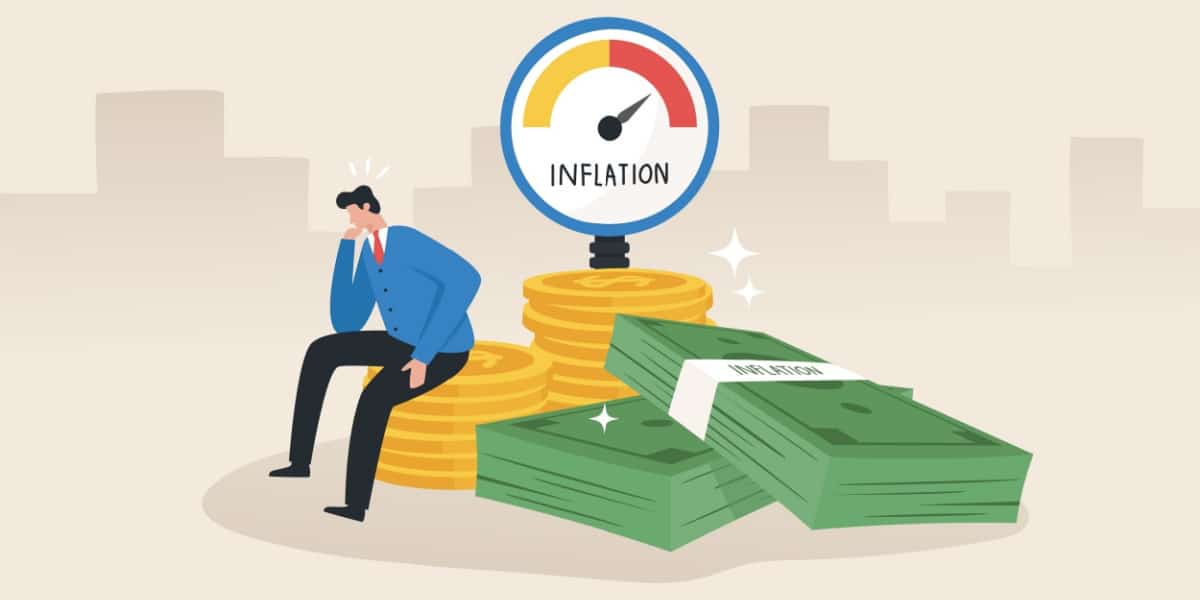
Clear and Simple Selling
Written By: Stu Schlackman
Simplicity equates to clarity.Simple will always beat out complicated.
Have you ever researched a new purchase only to find that there are too many options?
What did you do?
Sometimes people delay the purchase completely. Or they ask a friend for a referral or even let the product reviews help them decide.
If you find the right company or product, you might run into another long list of choices. Size, color, weight, price range. In that case, you might even go someplace else.
The more choices, the harder the decision. Why? Too complex!
What if you wanted to purchase a software package but found the one you preferred had twelve steps to install and lengthy instructions on learning and operating the program.
Are you kidding me?
What you need to realize is that the brain craves for simplicity.
Simplicity equates to clarity. We think it shouldn’t take much effort to decide or to learn how to operate your purchase. Simple will always beat out complicated.
Imagine seeing a display of 20 different homemade jams at a farmer’s market. Which do you buy? Or do you just keep walking?
What if there were only five flavors, would you stop and decide to buy one or two? Too much comparison overtaxes our brains.
Now think about a solution that might have three steps versus the twelve steps mentioned above. Remember in our time-starved life, the less we have to do, the better.
In the world of sales, simplicity sells.
Ease of use leads to mastery because simplicity means you’ll use it more. Think about how easy it is to post a picture on Facebook, or upload a video to YouTube or LinkedIn? Would we all be stuck to our devices if it took 12 steps to engage in social media? I don’t think so!
When you position your solution, there are three tips for simplicity that will help your client gain clarity.
Tip # 1 – Talk in laymen’s terms.
In other words, use language that makes it easy to comprehend what the solution does and the benefits they will receive. Speak in their language and not yours. Don’t talk in acronyms risking that the client doesn’t know them. Emphasize the key benefits of your solution that meet the needs and challenges they’ve expressed. That’s what’s of most importance to them.
Tip #2 – Use analogies.
Analogies help to simplify, support and explain a concept by comparing your idea with something they would understand. For example, “Using our cloud-based system is totally secure from being hacked. It’s the same as having a vault at the bank where only you and the bank have the key to get in.” This analogy leads to clarity.
Tip #3 – Use flexibility when demonstrating your offering.
Ask, “What would you like to see?” Learn their top priorities and focus there. Giving a canned presentation over and over almost guarantees you’ll miss the mark. Instead, make it a two-way conversation soliciting feedback along the way. And don’t just ask, “Do you have any questions?” Ask them specific questions like, what they like about the offering, what they think of its benefits, or how they think it would work for them? You’ll learn more relevant and salient information.
Simplicity leads to clarity that more often leads to a sale. Talk in their language focusing on what’s most important to them. Use analogies to help them better understand the usefulness and benefits of your solution. And be flexible by adjusting your approach to what they prefer.
Good selling!
About the author
Stu Schlackman
Stu has spent over 25 years in sales management, sales and sales training with…
Get FREE Sales Training Delivered to Your Inbox
Join more than 360,000 professionals who get our weekly newsletter.
Related Articles

Learn Online
Self-paced courses from the
world's top sales experts

Virtual Training
Live, interactive instruction in small
groups with master trainers

Coaching
One-to-one personalized coaching
focused on your unique situation






